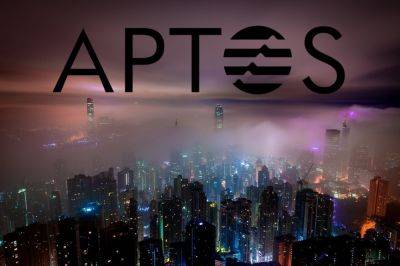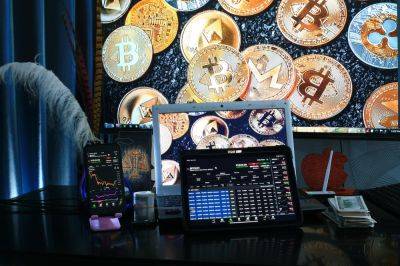Social Media Speculates if F2Pool is Censoring Transactions, Founder Responds
0x10BC, a Bitcoin development blogger, has unveiled data potentially suggesting that F2Pool has censored a number of recent transactions.
0x10BC, who runs a mining pool observation project with the aim of detecting potential unrecognized potential Bitcoin transactions, “detected six missing transactions spending from OFAC-sanctioned addresses.”
The United States Treasury’s Office of Foreign Assets Control, or OFAC for short, enforces and administers international economic sanctions.
Four of these transactions belonged to F2Pool. Currently, F2Pool is the third largest Bitcoin mining pool, with over 13% of all mined blocks existing within the pool.
“These four missing sanctioned transactions lead to the conclusion that F2Pool is currently filtering transactions,” the blogger wrote.
However, based on his current data, 0x10Bc is unable to tell “if F2Pool is filtering this single address or all OFAC-sanctioned addresses.”
“This raises the question of why F2Pool, a pool with origins in Asia, is the first pool to filter transactions based on US OFAC sanctions,” 0x10BC wrote.
OX10BC’s revelatory blog post drew a wave of response on social media, including a response by F2Pool founder Chun Wang.
“A censorship-resistant system must be designed to resist censorship at the protocol level, rather than relying on each participant to act conscientiously and refrain from censorship,” Wang wrote in a post on X. “The Internet and TCP/IP have failed this. Bitcoin should learn from the failure.”
“Thankfully we have you, demonstrating how easily censored Bitcoin is,” one user replied. “Thank you for your public service.”
“Thanks but no, I’d like to keep my small blocks,” another user commented.
Shortly after the backlash, Wang posted a follow-up
Read more on cryptonews.com





















